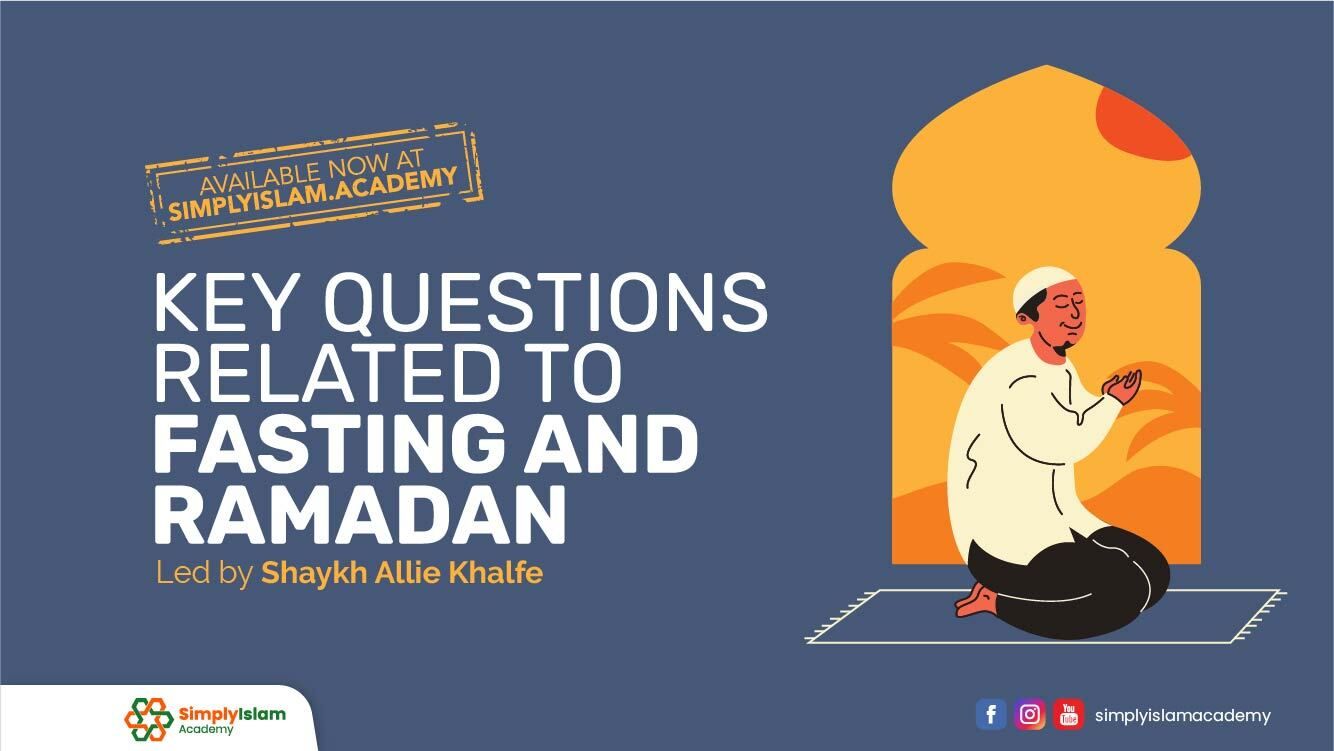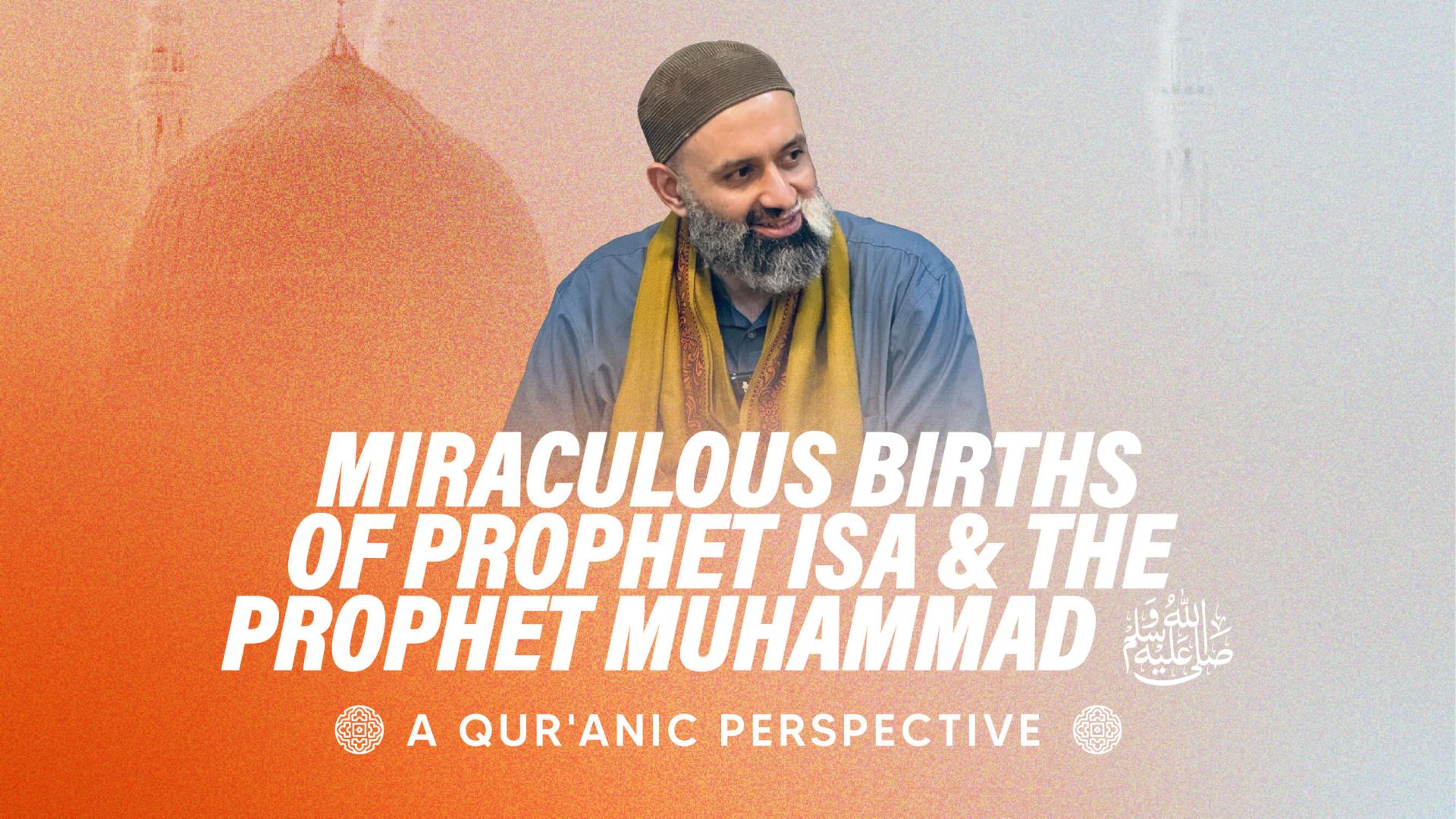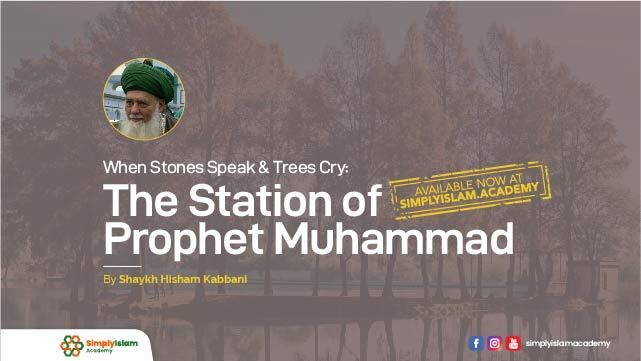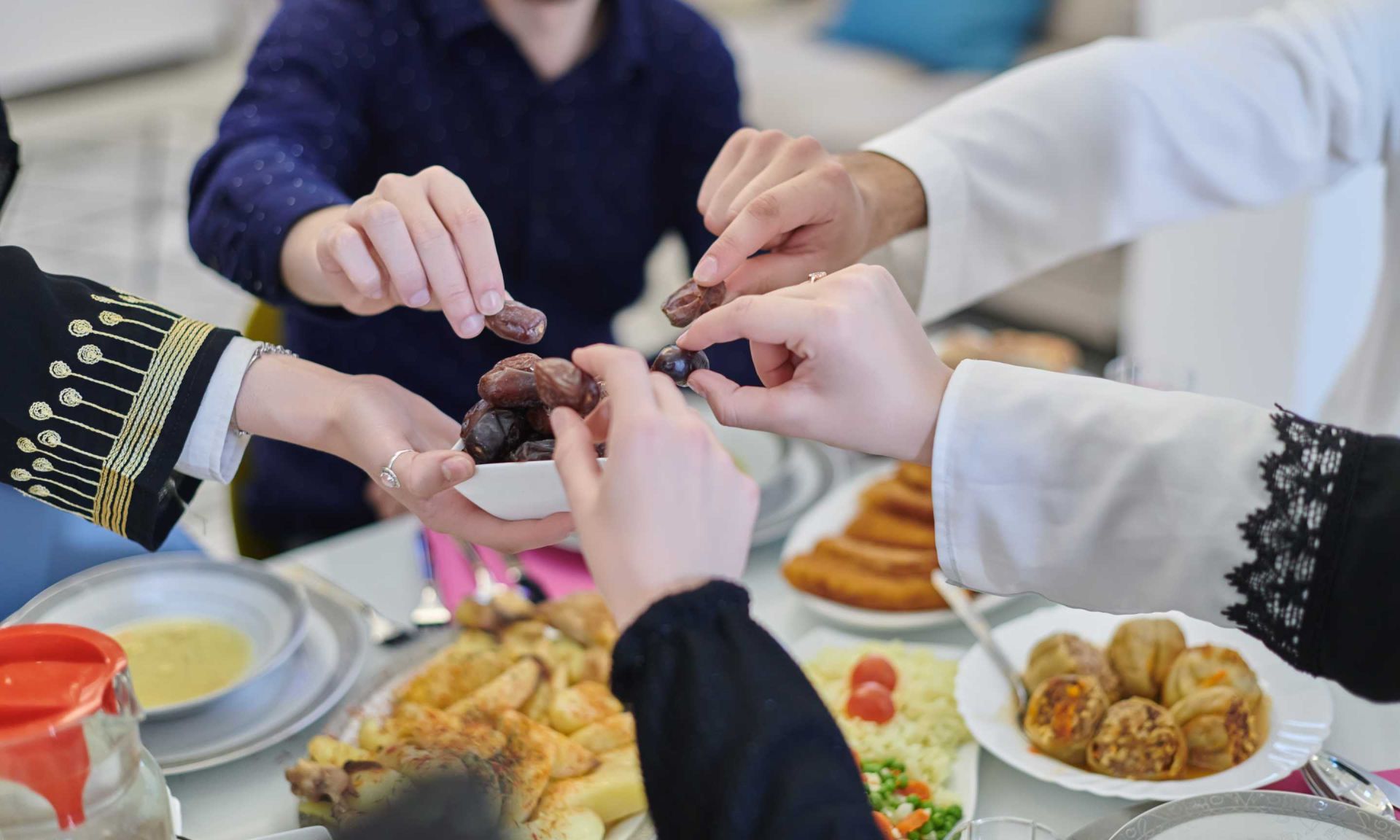
10 Importance and Benefits of Ramadan
Some of us approach Ramadan without fully understanding the immense blessings and virtues of fasting in this holy month, so we’ve listed down 10 importance of Ramadan and how it’s the one of the most blessed month in the Islamic calendar.
Once you have a full grasp on why is fasting important in Islam, you’ll never treat Ramadan the same way again- in a good way. You’ll do your best to make the most of this blessed month, so let’s dive into the importance of Ramadan and the purpose of fasting in Islam.
What is the purpose of fasting in Islam?
At face value, we can understand that the purpose of fasting in Islam means an act of refraining oneself from eating, drinking and committing sins, but it goes beyond the superficial actions.
To understand the 10 importance of Ramadan mentioned later in this article, we should first acknowledge that fasting during Ramadan is a powerful act of worship and self-discipline. It’s a time for Muslims to deepen their connection with Allah Almighty, purify the heart and mind, and reflect on the blessings of life.
The act of fasting teaches not only discipline in the outward sense through refraining from eating and drinking and worldly desires, but also within. Essential Islamic values like patience, empathy, and gratitude can also be well cultivated in this holy month as well, only when we truly immerse ourselves in the true purpose of Ramadan.
Ramadan offers an opportunity for spiritual renewal, where we as Muslims can seek forgiveness, enhance our devotion, and focus on the well-being of others.
Not only that, but one of the main reasons why fasting is important in Islam is that it allows Muslims to develop a sense of solidarity with the less fortunate, reminding them of the importance of charity and compassion.
It’s a time of self-reflection, personal growth, and deep spiritual awakening, with the ultimate goal of attaining closeness to AllahAlmighty and purifying one's soul.
10 Importance and benefits of Ramadan
What are the 10 importance of fasting in Islam? Let’s take a look at the 10 essential reasons why you should never take Ramadan for granted.

1. Fasting as Obedience to Allah
Fasting during Ramadan is an act of obedience to Allah Almighty’s command. Any reason for leaving this obligatory act of worship without valid justification is considered a major sin.
It’s also a fundamental pillar of Islam that strengthens not only the bond between a believer and their Creator, but with Allah’s Creations as well, showing devotion and submission to serve in His Pleasure.
يَـٰٓأَيُّهَا ٱلَّذِينَ ءَامَنُوا۟ كُتِبَ عَلَيْكُمُ ٱلصِّيَامُ كَمَا كُتِبَ عَلَى ٱلَّذِينَ مِن قَبْلِكُمْ لَعَلَّكُمْ تَتَّقُونَ
"You who believe, fasting is prescribed for you, as it was prescribed for those before you, so that you may be mindful of God.” [Qur’an 2:183]
Narrated Sayyidatina ‘Aisha (radiallahu anha):
During the Pre-lslamic Period of ignorance the Quraish used to observe fasting on the day of 'Ashura', and the Prophet (ﷺ) himself used to observe fasting on it too. But when he came to Medina, he fasted on that day and ordered the Muslims to fast on it. When (the order of compulsory fasting in ) Ramadan was revealed, fasting in Ramadan became an obligation, and fasting on 'Ashura' was given up, and who ever wished to fast (on it) did so, and whoever did not wish to fast on it, did not fast. [Sahih Al-Bukhari]

2. It's a month of Renewal of Faith and Connecting with Allah the Most Merciful
One of the benefits of fasting in Islam is that it gives you the boost to be the best version of yourself.
Just as you would say ‘New Year, New Me’ as the new year approaches, the same applies to the one of the holiest months in Ramadan, where every Ramadan offers a unique opportunity to renew your faith.
With daily acts of worship, prayer, and reflection, this sacred month brings believers closer to Allah the Most Merciful, helping them reconnect spiritually and seek His Divine Mercy and Forgiveness.
Narrated Abu Huraira:
Allah's Messenger (ﷺ) said, "Allah said, 'All the deeds of Adam's sons (people) are for them, except fasting which is for Me, and I will give the reward for it.' Fasting is a shield or protection from the fire and from committing sins. If one of you is fasting, he should avoid sexual relation with his wife and quarreling, and if somebody should fight or quarrel with him, he should say, 'I am fasting.' By Him in Whose Hands my soul is' The unpleasant smell coming out from the mouth of a fasting person is better in the sight of Allah than the smell of musk. There are two pleasures for the fasting person, one at the time of breaking his fast, and the other at the time when he will meet his Lord; then he will be pleased because of his fasting." [Sahih Al-Bukhari]
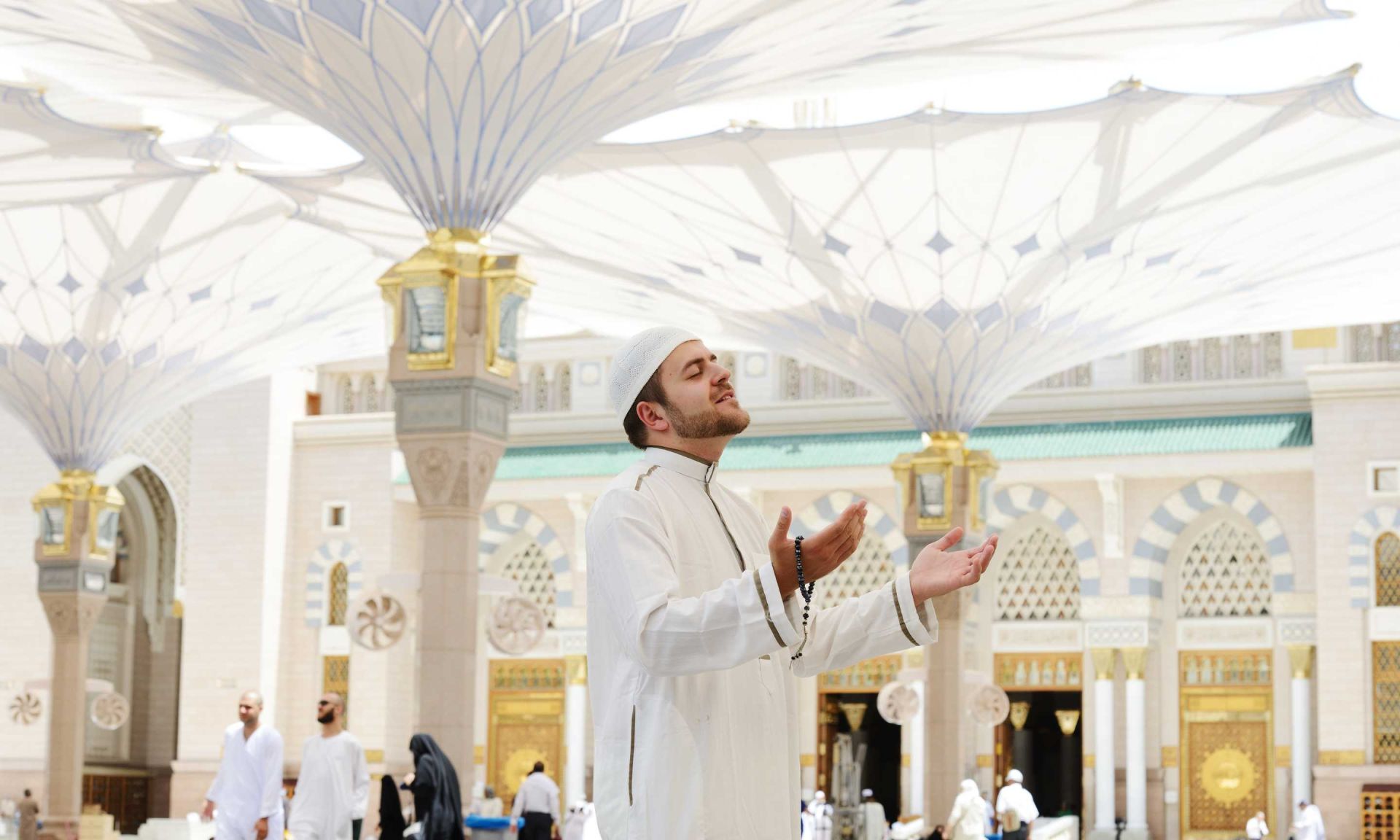
3. It helps in gaining Taqwa (God-consciousness)
One of the significance of Ramadan in Islam, is that it is a powerful means of cultivating taqwa, or God-consciousness. With the reverberating spiritual aura that surrounds us during Ramadan, we can feel the sense of calm and spiritual bliss as we dive deep into our acts of worship.
Not only that, but by abstaining from worldly desires, Muslims become more mindful of Allah Almighty in every aspect of life, developing a deeper awareness of His Divine Presence and guidance.
This can also be referred to as ‘Ihsan’, which means to be fully present and mindful of our acts of worship, as though we see Allah Almighty, and if we aren’t able to do so; we should know that Allah Almighty Sees us.
The man again asked, "O Allah's Messenger (ﷺ) What is Ihsan (i.e. perfection or Benevolence)?" The Prophet (ﷺ) said, "Ihsan is to worship Allah as if you see Him, and if you do not achieve this state of devotion, then (take it for granted that) Allah sees you." [Sahih Al-Bukhari]
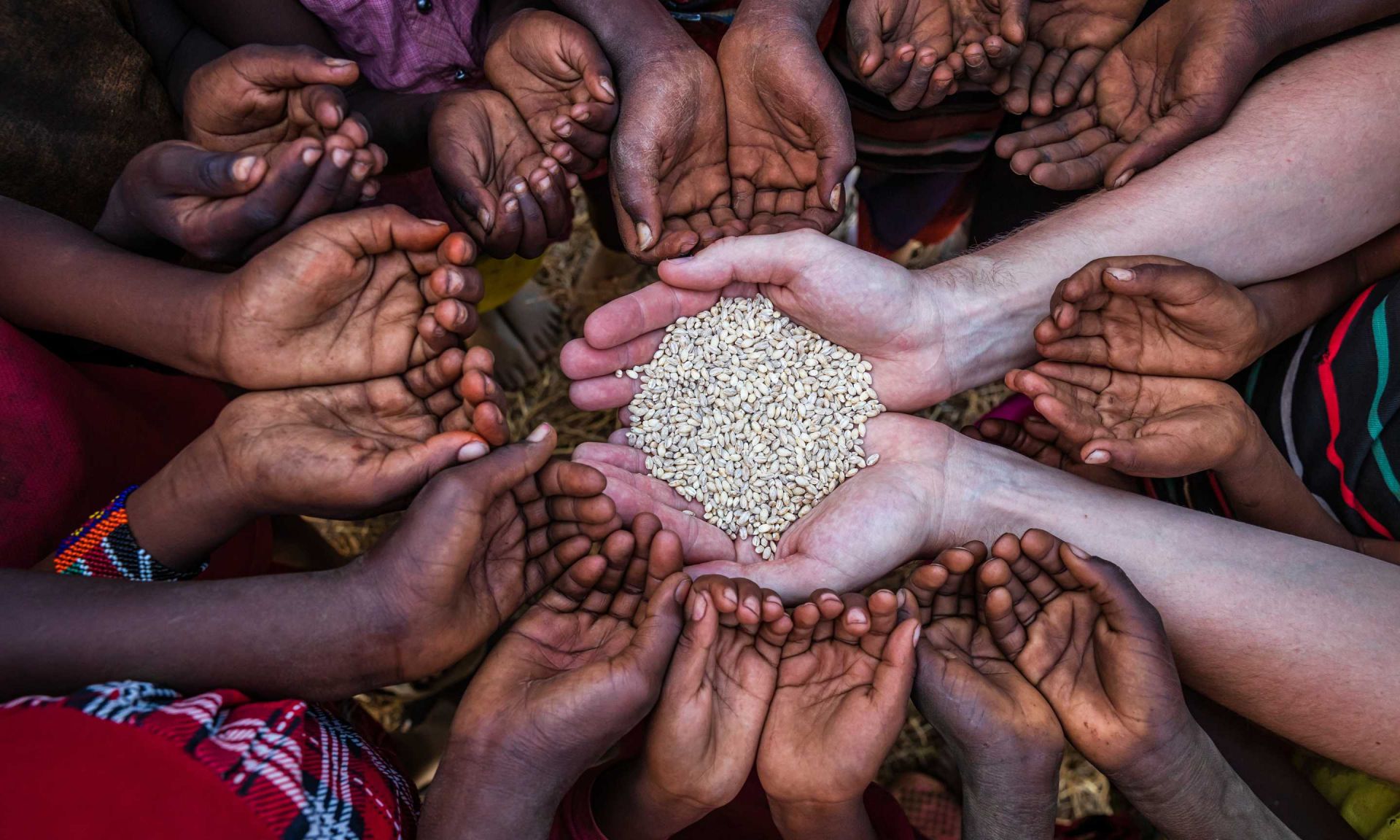
4. It Creates Empathy for the Poor
One of the purpose of fasting in Islam is also about care for the society. Fasting creates a genuine sense of empathy for those who are less fortunate, especially those in parts of the world suffering extreme famine, poverty and war.
Experiencing hunger and thirst during the day allows believers to understand the struggles of the poor, motivating them to give generously and support those in need.
If you would like to support vulnerable families in Gaza, help them get through their dark days by purchasing essential kits here.
It was narrated that:
Ibn Abbas said: “The Messenger of Allah (ﷺ) enjoined Zakatul-Fitr as a purification for the fasting person from idle talk and obscenities, and to feed the poor. Whoever pays it before the (Eid) prayer, it is an accepted Zakah, and whoever pays it after the prayer, it is (ordinary) charity.” [Sunan Ibn Majah]

5. It's a Great Way of Community Bonding
What is the purpose of fasting in Islam if not for community bonding? Ramadan fosters unity within the Muslim community through means of congregational Sunnah acts.
From breaking fast together to participating in Tarawih prayers and charity, this sacred month strengthens bonds between families, neighbors, and fellow Muslims, creating a sense of shared purpose and support. There are many types of Sunnah acts you can perform congregationally in Ramadan including:
- Suhoor and Iftar with loved ones
- Perform congregational obligatory prayers
- Tarawih prayers
- Tadarrus Al-Qur’an / Reading the Qur’an as a group
- Volunteer together at a local mosque
- Volunteer together in a charity organisation
Anas (radiallahu anhu) narrated that the Prophet(ﷺ) said:"None of you believes until he loves for his brother what he loves for himself." [Jami’ At-Tirmidhi]

6. It provides great opportunities for self-improvement and breaking of bad habits
The purpose of fasting is not just limited to the spiritual and societal affairs, but also for personal development.
The discipline required for fasting presents an excellent opportunity for personal growth. Ramadan encourages believers to break free from bad habits, be it excessive eating, negative behavior, or distractions, and focus on self-improvement.
There are many avenues on how you can work on self-improvement, especially in the month of Ramadan, and one of the ways to do so is by getting a comprehensive Ramadan checklist and Ramadan reflection journal to jot down your thoughts and deeds for the day so you can track your progress. You can download ours for FREE!

7. Fasting lowers cholesterol and improves heart health.
There are many studies done on the benefits of intermittent fasting (IF), and the Ramadan fasting is no less different in its nature.
Fasting in itself has notable health benefits. It helps lower cholesterol levels, improve heart health, and regulate blood sugar. These health improvements come as a natural result of the fasting process, contributing to better overall well-being.
According to Healthline, other medical benefits of fasting include prevention of Alzheimer’s disease, prevention of cancer, a boost in brain health and much more.
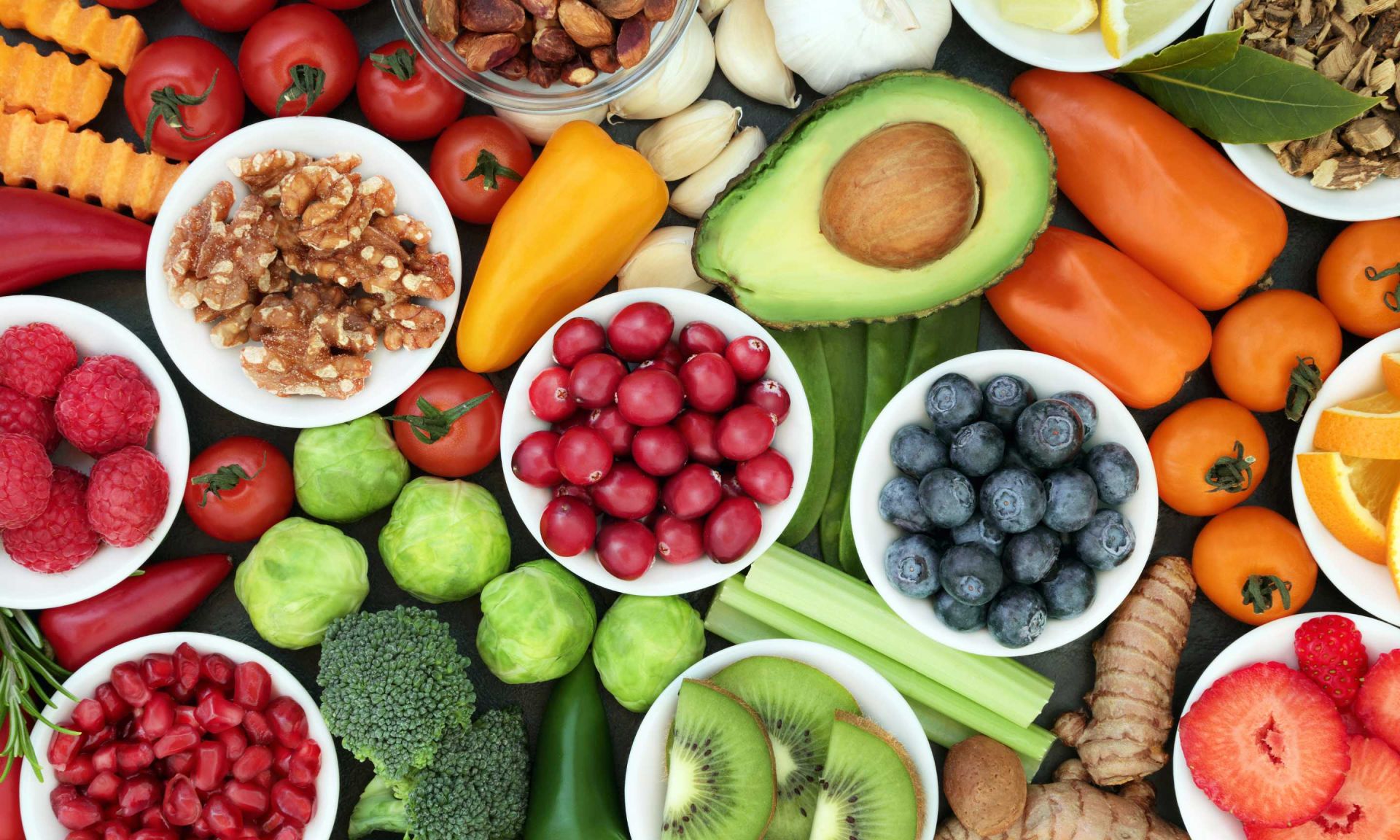
8. Ramadan is a month for sustainable weight loss and balanced eating.
One of the physical benefits of fasting in Islam is that it focuses on holistic improvement, not just the spiritual development. In this case, Ramadan helps Muslims improve their lifestyles.
Unlike fad diets, Ramadan promotes sustainable weight loss through balanced eating, but this cannot be achievable if one is unable to control their desires or become mindful of the food they consume.
That is why it is important for us to become more aware and mindful of our actions, especially in what we eat to fully immerse ourselves in the spirit of Ramadan.
The focus is on nourishing the body with wholesome, nutritious meals, helping to reset eating habits and encouraging a healthy, balanced approach to food.

9. Fasting helps detoxify the body and renew digestion.
Following on the previous point, fasting during Ramadan acts as a natural detox for the body, giving the digestive system much-needed rest.
When we refrain from eating and drinking for an extended period, the body begins to focus on repairing and cleansing itself rather than solely digesting food. This process allows the elimination of accumulated toxins and promotes cellular renewal.
Additionally, fasting can reset and improve digestive efficiency, enhancing the absorption of nutrients once eating resumes. The structured eating schedule during Ramadan—avoiding continuous snacking and late-night eating—fosters healthier digestion habits that can be sustained beyond the holy month, contributing to long-term digestive health.

10. Night of Decree (Laylat al-Qadr)
Out of the 10 importance of Ramadan, this final significance is arguably the most important purpose of fasting in Islam, which is the opportunity for us Muslim to catch on the last ten nights of Ramadan, also known as the Layaltul Qadr.
It is a night of immense blessings, where the Quran was revealed, and prayers are answered. Worship on this night is better than a thousand months, making it a precious opportunity for spiritual elevation.
إِنَّا أَنزَلْنَاهُ فِي لَيْلَةِ الْقَدْرِ
Indeed, We sent the Qur’an down during the Night of Decree.
وَمَا أَدْرَاكَ مَا لَيْلَةُ الْقَدْرِ
And what can make you know what is the Night of Decree?
لَيْلَةُ الْقَدْرِ خَيْرٌ مِّنْ أَلْفِ شَهْرٍ
The Night of Decree is better than a thousand months.
تَنَزَّلُ الْمَلَائِكَةُ وَالرُّوحُ فِيهَا بِإِذْنِ رَبِّهِم مِّن كُلِّ أَمْرٍ
The angels and the Spirit descend therein by permission of their Lord for every matter.
سَلَامٌ هِيَ حَتَّىٰ مَطْلَعِ الْفَجْرِ
Peace it is until the emergence of dawn.
[Qur’an 97:1-5]
Final thoughts
The purpose of fasting during Ramadan is both spiritual and practical, offering a transformative experience for Muslims.
It fosters obedience to Allah Almighty, empathy for the needy, community bonding, and personal growth while promoting physical health This shows how the benefits are holistic and not just targeted to a certain aspect of human life.
By understanding why fasting is important in Islam, believers embrace Ramadan as a time to renew their faith, improve themselves, and reap the blessings of this sacred month. Ramadan is not just a ritual—it’s a journey of devotion, self-discovery, and gratitude that leaves a lasting impact throughout the year.
Subscribe to Our Newsletter
Stay updated on our free courses, promotions, events and more!
Thank you!
Related Courses
About Us
SimplyIslam Academy, a subsidiary of SimplyIslam.sg, is an online Islamic education centre, delivering quality Islamic courses via online since early 2021.
The online Islamic school provides indispensable learning on the various sciences of Islam, covering Qur’an, Hadith, Sirah, Fiqh, Tasawwuf, and others.
The online Islamic school provides indispensable learning on the various sciences of Islam, covering Qur’an, Hadith, Sirah, Fiqh, Tasawwuf, and others.
Follow us
Useful Links:
Thank you!

Learn Anytime, Anywhere
Copyright © SimplyIslam Academy. All Rights Reserved.
Try Our Free Online Islamic Classes Today
Enter your email and we’ll send you notifications on our free classes.
Thank you for subscribing to our newsletter!
Try Our Free Online Islamic Classes Today
Enter your email and we’ll send you notifications on our free classes.
Thank you for subscribing to our newsletter!
